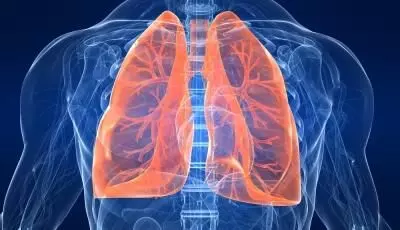
AI algorithm that forecasts risk of lung cancer being tested by researchers
text_fieldsSan Francisco: According to a new study, researchers have tested an AI tool called "Sybil" that accurately predicts lung cancer risk for people with or without a significant smoking history. Lung cancer is the most common cancer that causes death worldwide.
According to a study published in the Journal of Clinical Oncology, Sybil accurately predicted the risk of lung cancer for those with or without a significant smoking history based on assessments of LDCT (low-dose chest computed tomography) scans from patients in the US and Taiwan.
"Lung cancer rates continue to rise among people who have never smoked or who haven't smoked in years, suggesting that there are many risk factors contributing to lung cancer risk, some of which are currently unknown," said corresponding author Lecia Sequist, MD, MPH, a lung cancer medical oncologist at the US-based Mass General Cancer Center.
"Instead of assessing individual environmental or genetic risk factors, we've developed a tool that can use images to look at collective biology and make predictions about cancer risk," she added.
The team created Sybil, a deep-learning model that analyses scans and predicts lung cancer risk for the next one to six years, using data from the National Lung Screening Trial (NLST) in the US, the study said.
"It was designed to run in real-time in the background of a standard radiology reading station which enables point-of-care clinical decision support," said co-author Florian Fintelmann, MD, of the Department of Radiology at the US-based Massachusetts General Hospital.
Sybil was validated using three independent data sets: scans from over 6,000 NLST participants who Sybil had never seen before, 8,821 LDCTs from Massachusetts General Hospital (MGH), and 12,280 LDCTs from Chang Gung Memorial Hospital in Taiwan, according to the study.
The latter group of scans included people with a variety of smoking histories and those who had never smoked.
"Sybil can look at an image and predict the risk of a patient developing lung cancer within six years," said co-author and Jameel Clinic faculty lead Regina Barzilay, PhD, a member of the US-based Koch Institute for Integrative Cancer Research.
With inputs from IANS





